.gif)
.gif)

|
Imaging in Developing Countries |
|
Special Interest Group |

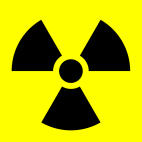

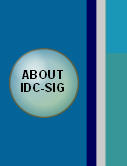
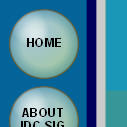
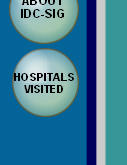




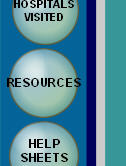
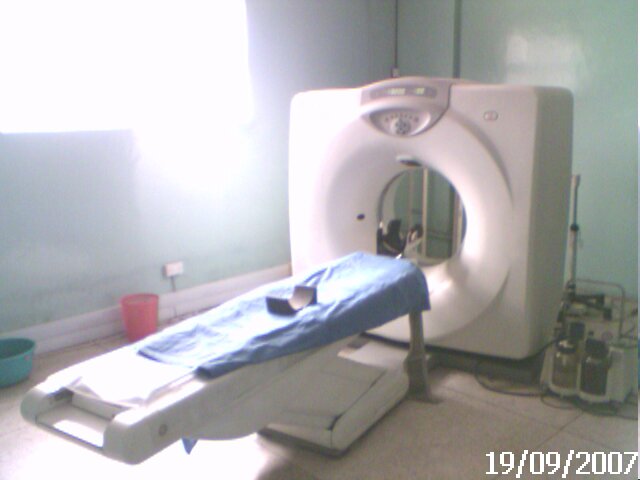
.gif)
|
The Role of Radiographers in Nigeria. |
|
In Nigeria today the roles of radiographers are diverse. In most hospitals, especially tertiary health institutions such as teaching hospitals, the role of radiographers involves undertaking x-ray procedures (chest and abdominal x-rays, extremities etc.), CT and MRI scans. Radiographers work in accident and emergency units, operating theatres, and work with ward patients and pediatrics. In addition Radiographers also take part in special examinations with the radiologists in cases including hysterosalphingography, intravenous urography, angiography and mammography. The Radiographer role involves planning and applying doses to get optimum results, and radiographers are involved in radiation protection checks in the hospitals. Some are specialists, such as therapy Radiographers. Some Radiographers are trained in nuclear medicine scans. A handful, mostly in private practice, are sonographers. Some Radiographers further their studies via MSc to PhDs level in order to lecture in the universities and thus help in training more Radiographers. |
|
The Sort Of Equipment We Have In Nigeria. |
|
In Nigeria we may not have all we need in terms equipment, but we are better off than most other poorer countries in Africa and beyond. In big Health institutions the Nigerian Federal Government, through the ongoing Vadmed project, have provided hospitals with equipment including spiral CT scanners, MRI units, mammography units and theatre units. UCH Ibadan had a Radiotherapy Department with cobalt 60 machine as far back as the late 1980ís, as well a nuclear medicine department with an electro scanning unit. A good number of private hospitals boast CT and MRI scanners. |
|
Whereas some hospitals are lucky to have this hi-tech equipment, most hospitals in the country (especially the federal medical centers and state hospitals) cannot even afford a simple x-ray unit. Many either have broken down units or no personnel to work them. These hospitals mostly still make use of manual processing units. |
|
Challenges facing Radiographers in Nigeria. |
|
In Nigeria the radiography profession is not well known in society. One has to explain in detail before a layman will understand what you do. The government fails to understand us too. They fail to pay radiographers well, or sponsor their cause. |
|
The major challenge we face is equipment acquisition. Most government hospitals do not fund their radiography departments to be up to date. This may be partly due to the shortage of Radiologists. There is also conflict between Radiologists and Radiographers over who carries out ultrasound scans; the Radiologists want only themselves to do ultrasound scans. This is not good for radiology in the country. Radiation Hazard Allowance is rarely paid. Most Radiographers work in departments in which there are poor radiation protection measures. Most hospital managers here in Nigeria do not care enough about extra protection measures for their radiology staff, such as dosimeters and film badges. The Nigeria Nuclear Regulatory Agency and Radiographers Registration Board are doing something, but their best isnít seen yet. |
|
Conclusion. |
|
Radiography in Nigeria is still growing, more and more innovations and improvements are still going on in the profession. |
|
The Helical CT Scanner at UCH Ibadan |